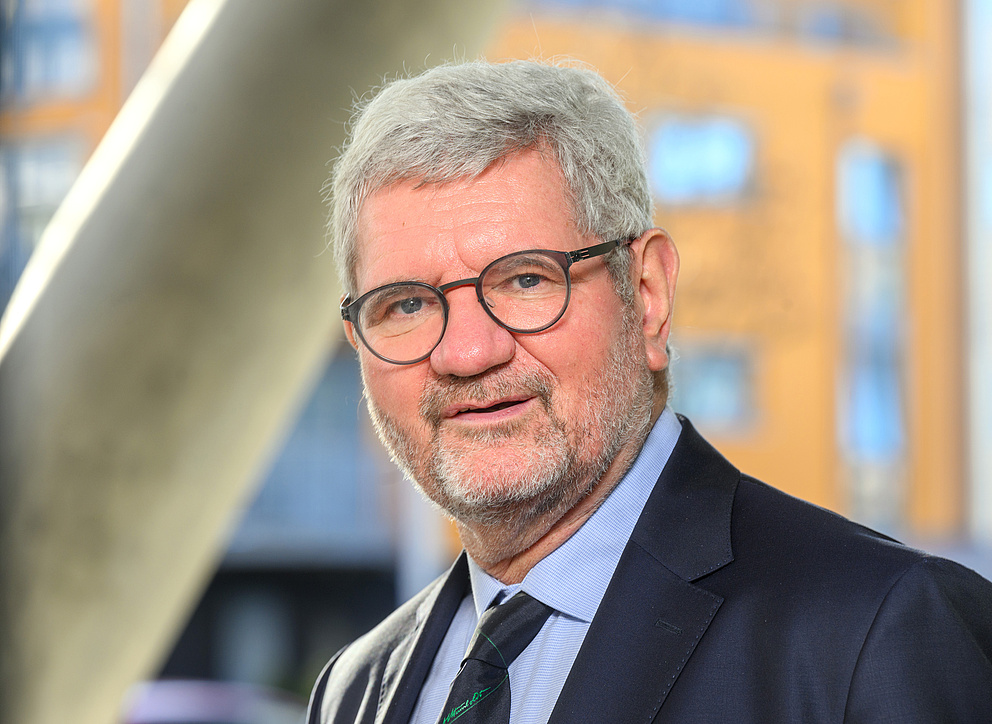

Contact
Press, Communications and Marketing
Tel.: +49 228 833-144
Fax: +49 228 833-441
presse[at]avh.de
Research and academic relations policy makes contributions to security policy. In light of this, the National Security Strategy which the German government released yesterday aims to strengthen cultural relations and education policy and science diplomacy. The President of the Alexander von Humboldt Foundation, Robert Schlögl, welcomes the fact that the role of intermediary organisations − which include the Humboldt Foundation − finds recognition in Germany’s new integrated security policy. “We want to put our global network to use to the benefit of society. We can solve global problems only at international level and with scientists and academics from all corners of the Earth − as the current crises around the world make so very clear”, said Schlögl. “But science has an obligation to society as well, namely, to make its added value more visible. It must engage in a dialogue with people. We at the Humboldt Foundation want to promote this with the help of, for example, the Humboldt Residency Programme and provide impetus in science, society and the political sector.”
The federal cabinet adopted the new National Security Strategy yesterday. Rather than limiting its definition of security to military defence, the new strategy takes a broader approach. Irrespective of whether it’s the climate crisis, pandemics or energy security − with this new strategy, German society will be in a position to respond to current, complex threats.
One important aspect of the strategy is the protection of freedom on the basis of the UN Charter, human rights and international law. “The Humboldt Foundation has been committed to helping researchers at risk and promoting freedom of science in concrete ways for years now. This involvement is very important to me because excellence must go hand-in-hand with humanitarianism”, added the Foundation’s President Schlögl. Working together with Germany’s Federal Foreign Office, the Humboldt Foundation was the first research funding organisation in Germany to develop in 2015 a corresponding programme – the Philipp Schwartz Initiative – for offering such individuals refuge.
(Press release 15/2023)
Every year, the Alexander von Humboldt Foundation enables more than 2,000 researchers from all over the world to spend time conducting research in Germany. The Foundation maintains an interdisciplinary network of well over 30,000 Humboldtians in more than 140 countries around the world – including 63 Nobel Prize winners.
